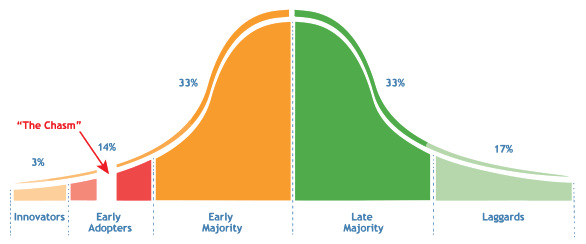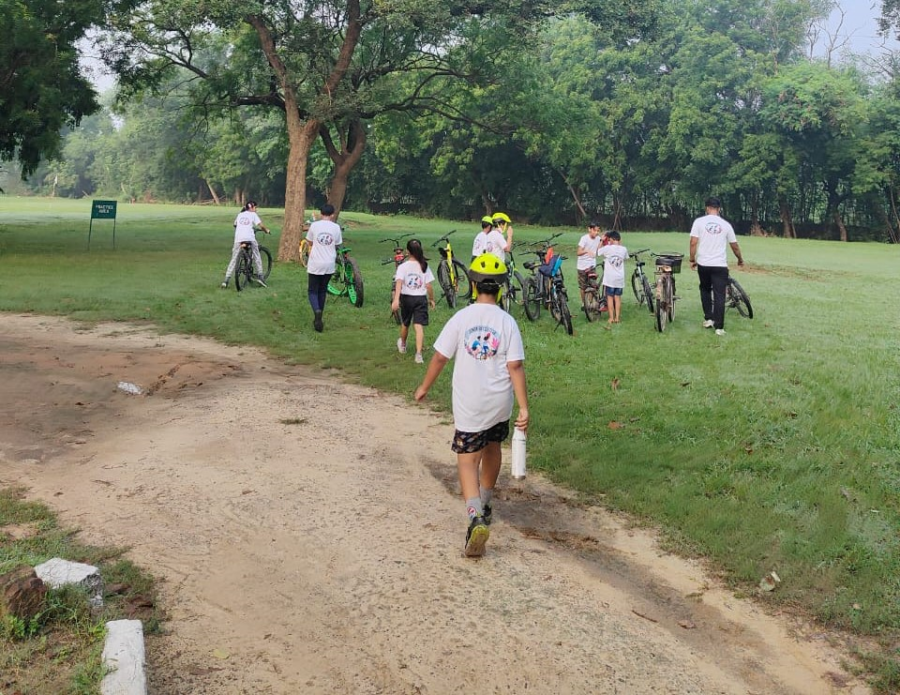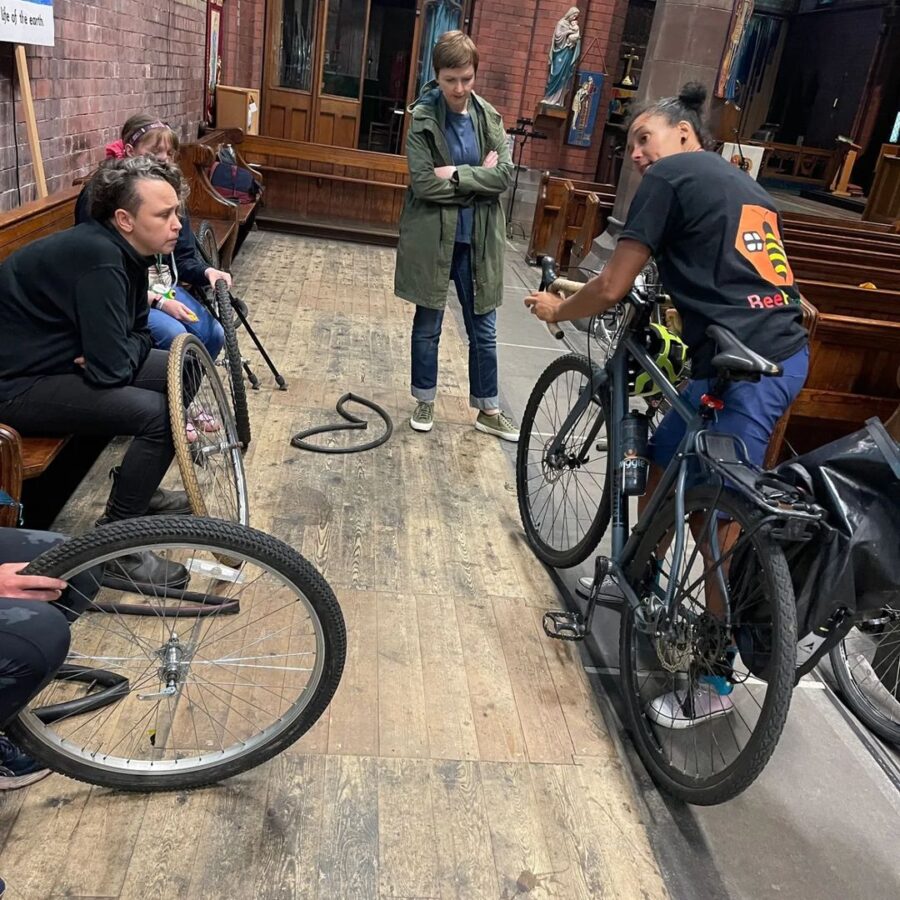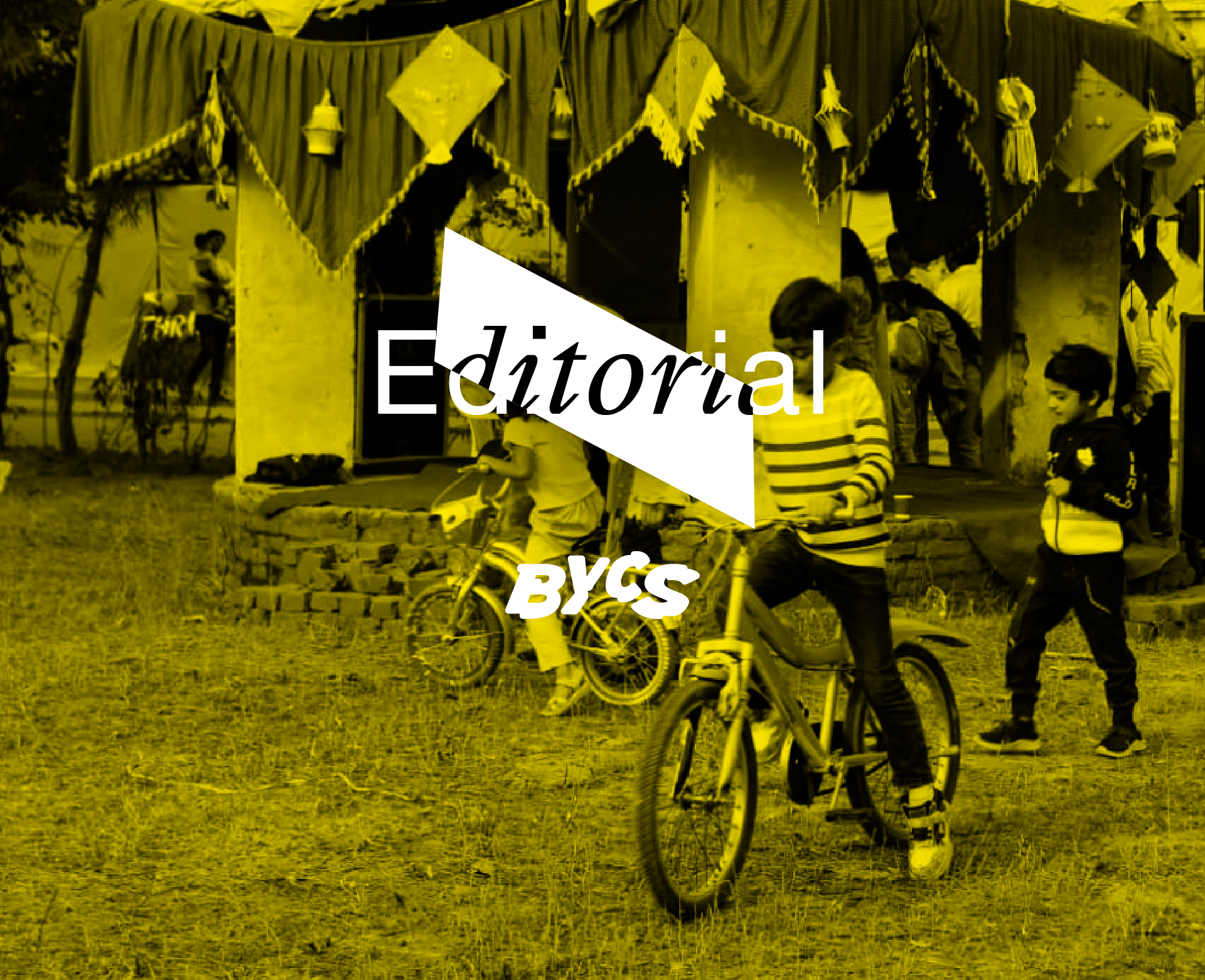The bicycle is a tool that BYCS believes has the power to alleviate considerable environmental stress by being implemented in a variety of different urban contexts.
As an NGO based in Amsterdam, BYCS holds considerable knowledge and expertise for cycling growth whilst also recognising the contextual limitations of this Northern European model of mobility and culture. Naturally, the solutions existing in Amsterdam, and the Netherlands cannot simply be transplanted into other settings, nor will populations abroad necessarily be as receptive to cycling as a solution. In 2016, to better understand, and support, global cycling advocacy, BYCS established the Bicycle Mayor Network. This network of active travel professionals and activists flourishes through the exchange of ideas and practices, sharing solidarity and encouragement between geographies, and opening doors to podiums and resources to strengthen the voices of active mobility worldwide.
Central to our support of the grassroots advocacy leaders of the Bicycle Mayor Network, is the adjacent concept of ‘human infrastructure’. As the name suggests, this focuses on how individual(‘s) actions can encourage the uptake of cycling via a series of ‘soft measures’ impacting social and behavioural mobility vectors. It is within this concept’s framework that we see Bicycle Mayors playing a vital role in the proliferation of cycling globally, as they build cycling cultures that increase demand and effectiveness of built infrastructure, rather than the other way around, which can lead to inequitable use of bike lanes and other built spaces. The role of the Bicycle Mayor is to act as an individual facilitating the demand for cycling, stimulating this via increased accessibility, education, awareness campaigns, as well as ephemeral actions.

Advocates’ actions, depicted in the graphic above, effectively bridge the gap between a new technology’s innovators and early adopters, fostering wider acceptance. For this uptake to be successful, those who might follow ought to be aware of the actions or projects being organised to promote cycling, whether nearby or far away. As the organisation facilitating this network, BYCS has a responsibility to use its platform to ensure that the stories that emanate from it reach a wide and receptive audience. This process is called amplification, an action that promotes a grassroots or smaller-scale story for which the impact is evident, and seeks to inspire change and communicate strategies to those who come across them. It is crucial to amplify these stories of change because the voices we hear — shape the changes we make. To demonstrate the value of such narratives, we have compiled three unique stories from within the network to appreciate the efforts of those spearheading them and inspire new changemakers.
—
Priya Bhattacharji:

Challenge:
Meerut Cantt is among the cities with the worst air pollution in India and the world. This is due in large part to the heavy presence of Industrial sites, household fires, and construction sites in India’s most densely populated region. Within the city, many parents Priya has met cite the dangerous traffic as one of the reasons to prevent their children from enjoying the outdoor environment. Priya Bhattacharji, Bicycle Mayor of Meerut Cantt, acknowledges that the danger that children face in the streetscape currently can be considered a legitimate reason to prevent them from enjoying the outdoors, it fails to address the increased susceptibility to diabetes and other health issues that many children in India face, catalysed by low physical engagement.
Action:
Priya’s initiatives have largely sought to establish the importance of targeting kids to engage in active mobility. To encourage them, she heads Meerut Cantt’s Junior Bicycle Club which seeks to introduce the kids involved to green spaces in the neighbourhood. By taking them to such locations to participate in activities, she forms a positive association between them and the outdoors. The strength of this association is reinforced by the regularity with which these outings are organised.
Impact:
The impact of Priya Bhattacharji’s interventions becomes evident as they address critical issues. The focus on active mobility not only improves the well-being of children but also acts as a catalyst for broader societal change. By instilling healthy habits early on, children become advocates for a sustainable lifestyle, influencing their peers, families, and the community at large. This grassroots approach has the potential to create a ripple effect, promoting sustainable practices and improving the overall well-being of society on a global scale. Furthermore, by engaging in regular exercise, the likelihood of contracting diabetes is reduced greatly.
Belinda Everett:

Challenge:
Among the greatest disparities in cycling is its adoption by men in contrast with women, with the former making twice as many bike trips as women in Great Britain. Furthermore, a recent market study by the Bicycle Association revealed that only 8 per cent of bicycle workshop providers are women, demonstrating considerable shortcomings in alleviating the existing gender discrepancies in the activity. Encouraging the activity amongst women requires women trailblazers, who through their actions encourage more women to do the same.
Action
Belinda Everett, the Bicycle Mayor of Manchester, UK, runs an organisation called BeePedalReady that seeks to encourage cycling uptake amongst women. This takes the form of a riding course in which women are taught the basics of signalling, set-up, and navigating traffic as well as knowledge of dangerous situations. Perhaps the effort that is addressing one of the greatest disparities in the British cycling industry is the fact that Belinda runs workshops dedicated to cycle repair, with the attendees being solely women. Given that only a small fraction of workshop leaders in the UK are women, the initiative serves as a refusal to accept a male-dominated industry and demonstrates clearly that knowledge of the bicycle should not be limited solely to riding it.
Impact
While Belinda’s advocacy focuses on imparting practical skills, an equally significant aspect is the social network she creates for the women involved. Cycling, beyond being a mode of transit, is also an active form of exercise that can be enjoyed without a specific destination and is often enhanced when done in a group. However given the male-dominated nature of the sport and industry, BeePedalReady plays a crucial role in providing education and facilitating the formation of rider partnerships for women — in serving as both an educational resource and a community-building platform, it makes a broader impact beyond the acquisition of cycling skills.
Chirag Shah:

Challenge:
The dabbawalas, food delivery services, are integral to life in Mumbai and the wider metropolitan region (MMR) and face significant challenges despite their critical role in the region. Despite relying on bicycles for transportation and collectively existing for over 100 years, these workers have experienced minimal improvements in the built environment to support their activities. With 92% of them using bikes as their primary mode of transportation, the lack of infrastructure catering to their needs is a serious barrier to safe operation, especially in contrast to their contribution to the community’s well-being at large.
Action:
As the Bicycle Mayor of Thane, Chirag Shah has actively addressed the challenges faced by the dabbawalas through his initiative, Project Roshni, operating under the umbrella of his cycling organisation, ‘Wheels & Barrels‘. Specifically, Chirag provided local livelihood cyclists with bike lights and intends to donate protective gear in the future. This not only tackles safety concerns in the currently hostile environment (while more permanent road safety solutions are further away) but also establishes a precedent for collective action. This initiative goes beyond addressing the challenges faced by the dabbawalas, extending to the broader cycling community, including those who commute and exercise.
Impact:
Chirag’s initiatives have increased the visibility of livelihood cyclists on the MMR’s roads, setting a compassionate precedent that financial constraints shouldn’t compromise road safety. Beyond prioritising safety, his support for the dabbawalas acknowledges their vital urban role, highlighting the overall benefits of their operations. Chirag’s efforts address the needs of both livelihood and everyday cyclists, showcasing significant progress in enhancing the city for cyclists. Furthermore, he combines and catalyses the impact of this initiative with his involvement in the Free Press Journal’s ‘Sustainability Panel’ which seeks to reshape Mumbai’s future policies in a greener manner with experts in the field. Promoting the ideas behind the project amplifies their future impact. It highlights his commitment, as Bicycle Mayor and the institutional position it is becoming in the public eye, to improving cycling conditions in Mumbai.
—
Our Bicycle Mayor’s stories serve to illustrate the varying forms cycling advocacy can take, as well as how there is no sole strategy proven to make the activity more universal. To this end, the Bicycle Mayor Network is an institution that exposes motivated advocates to the best practices concerning which groups to target, and how to encourage behaviour change, build habits, and seek improvements on their behalf. Other than the value the Mayors provide to one another, the stories their actions tell are worth hearing, and contrary to a shiny new infrastructure project, can be transplanted to other locales far easier.
We hope you leave this text behind feeling inspired by the actions of several highly motivated individuals. If you would like to support the Bicycle Mayor Network and global cycling advocacy efforts you can donate at bycs.org/donate.

